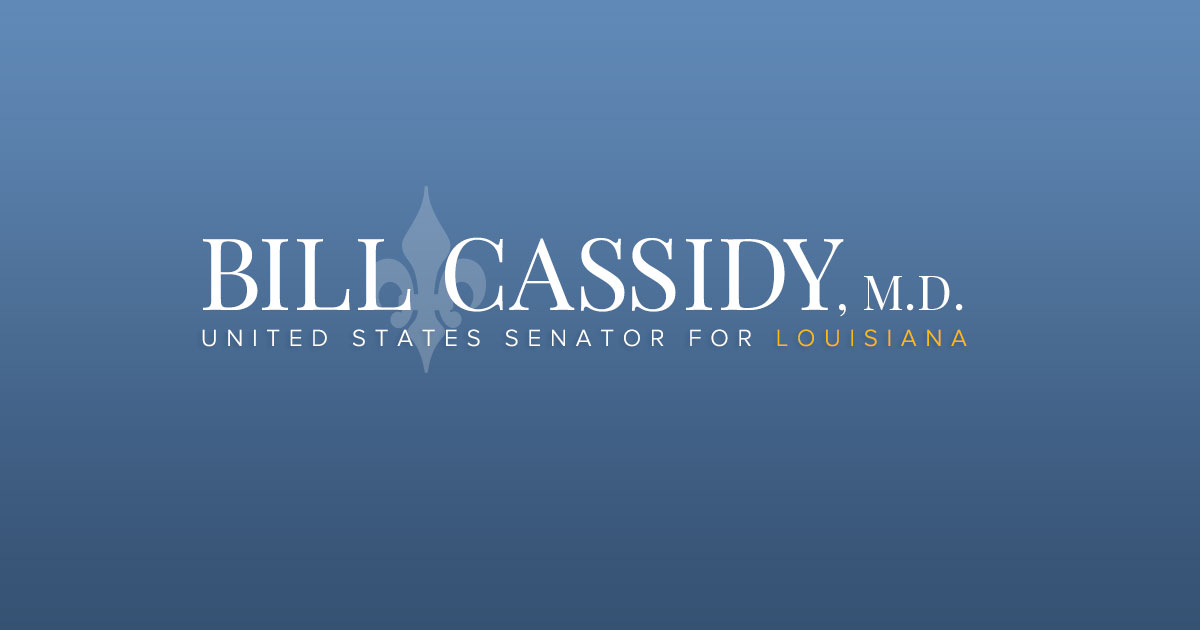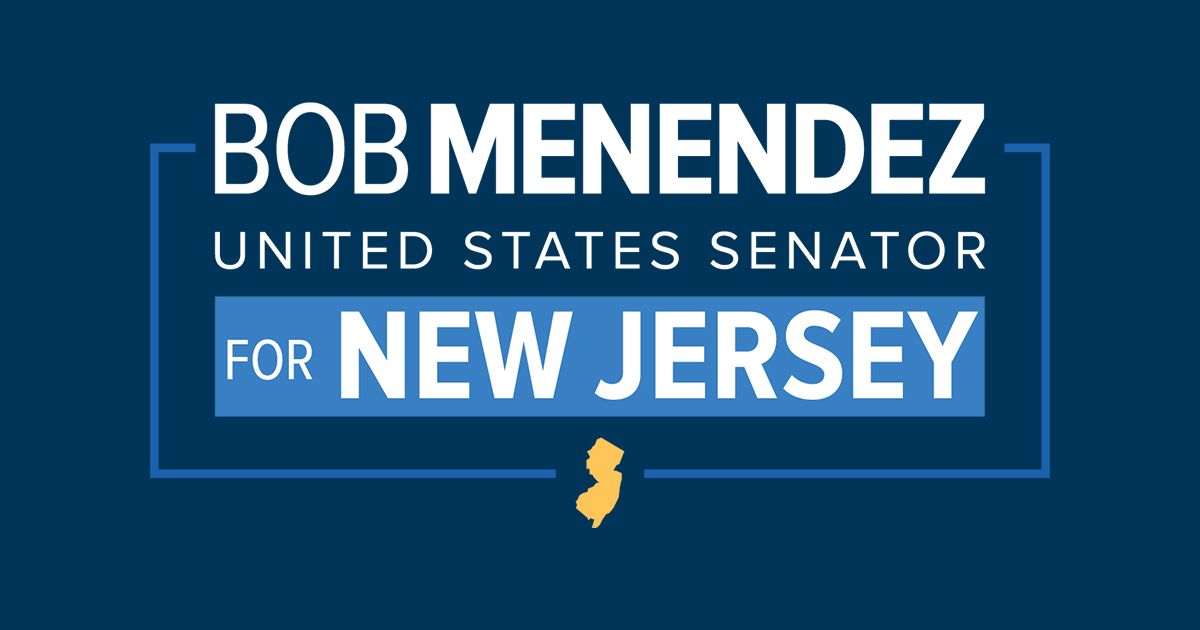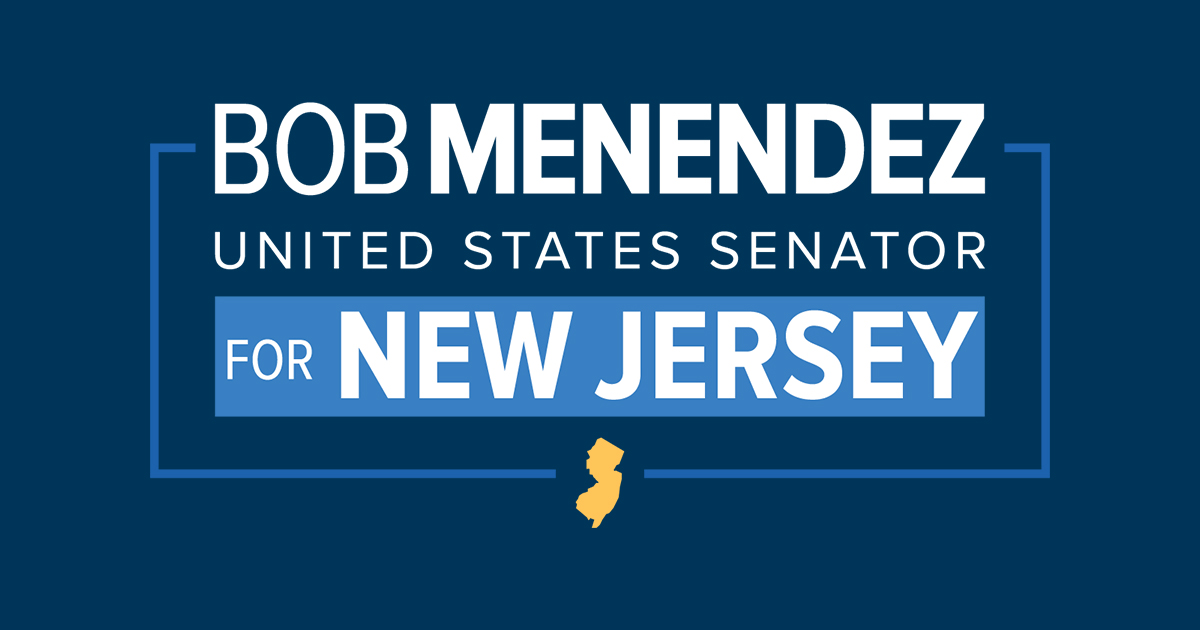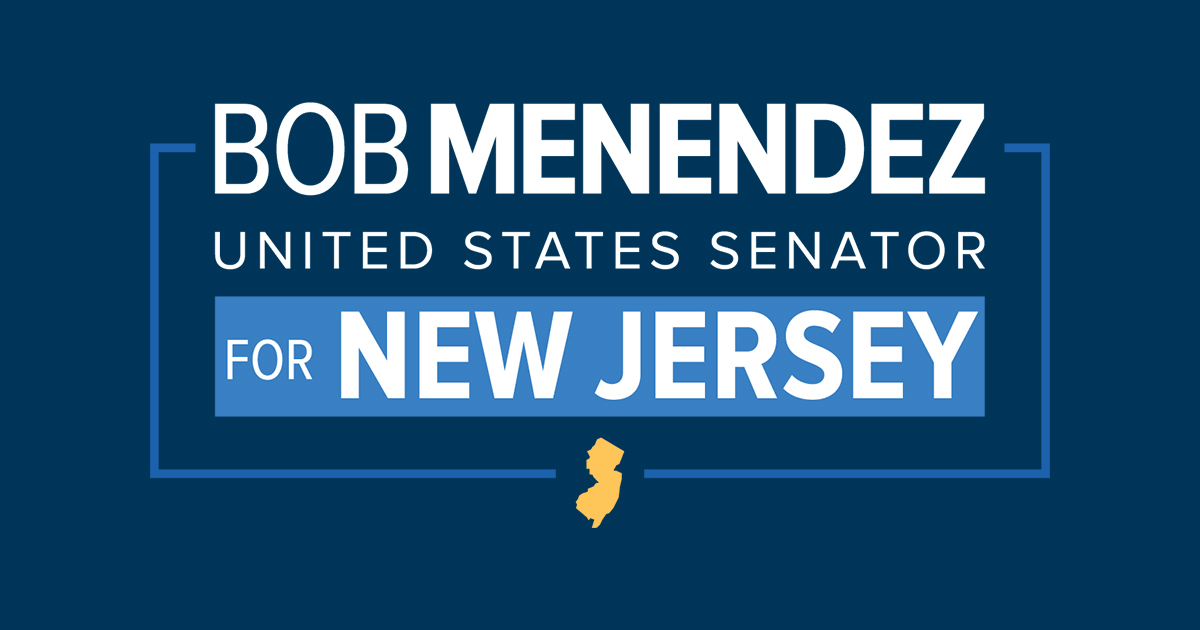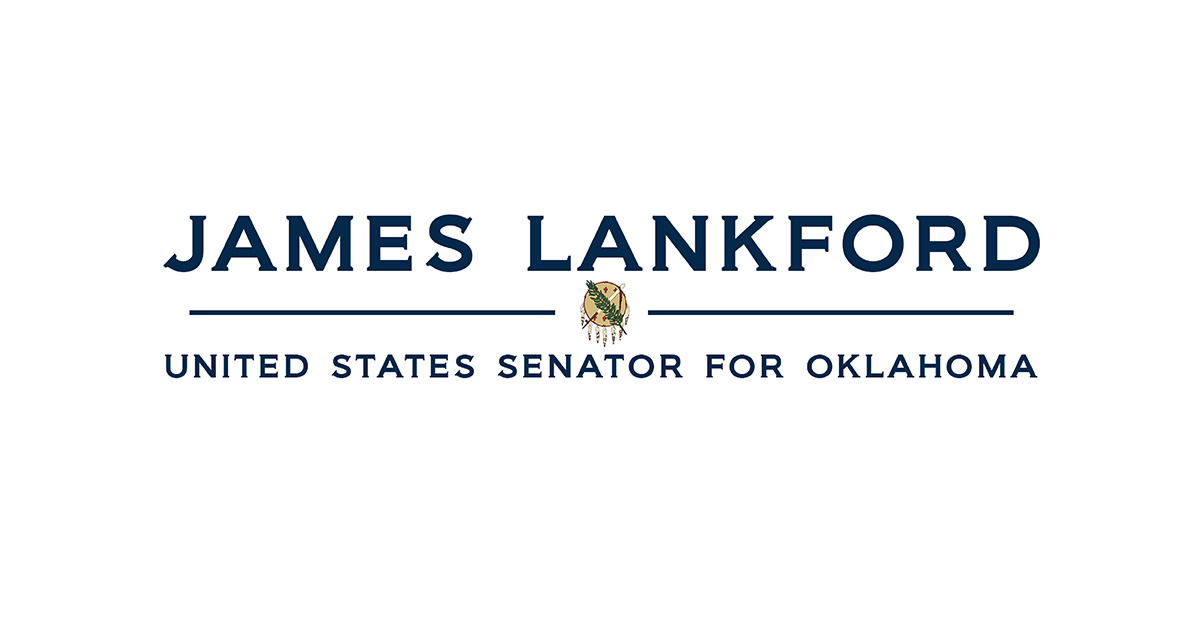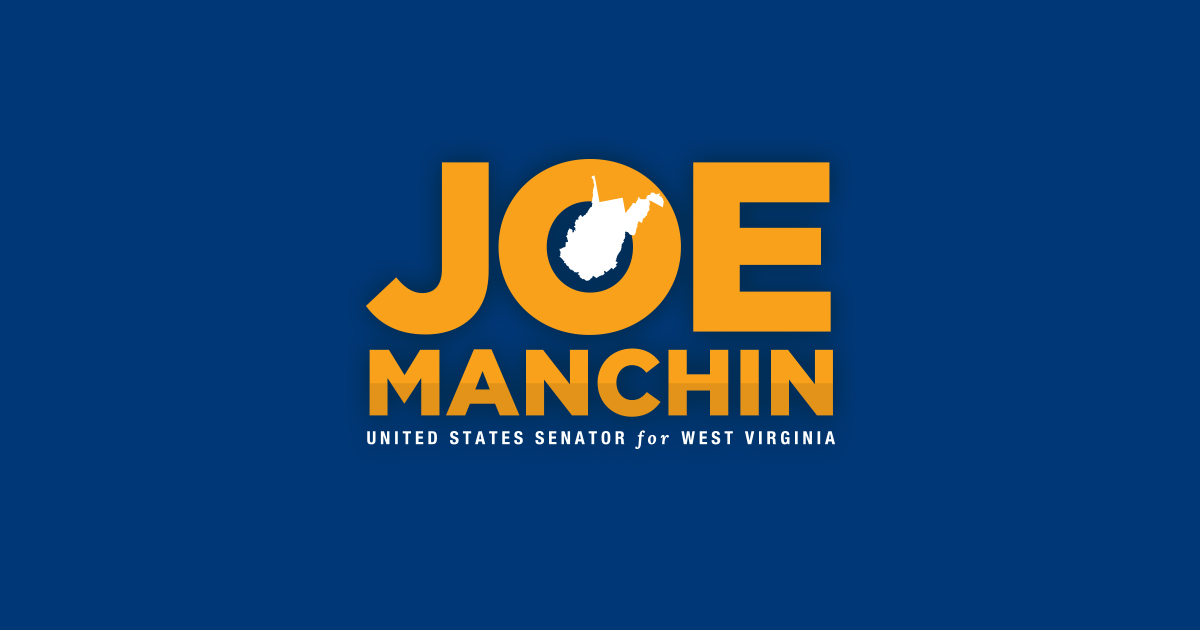Source: United States Senator for Louisiana Bill Cassidy
06.12.23
(Click here to download and here to watch)
WASHINGTON – U.S. Senator Bill Cassidy, M.D. (R-LA) today delivered a speech on the U.S. Senate floor highlighting Americans’ desire to see Washington address the looming financial crisis facing Social Security. Cassidy recently released the first installment of Bill on the Hill, a video in which he interviewed Americans visiting the Capitol about what they want to see done to save Social Security.
“Since we have seen zero presidential leadership on the issue in years and no engagement on our plan from the current White House, I decided to go directly to the American people,” said Dr. Cassidy. “The bottom line is this: Americans want to see Social Security saved.”
“When I told one lady that President Biden and Donald Trump have the same plan [to address Social Security], she was a bit taken aback. After gasping, her disappointed reaction was: ‘I want to laugh, and I want to cry at the same time,’” continued Dr. Cassidy. “Americans are watching Washington flounder as the deadline until retirees receive a 24 percent benefit cut approaches.”
Click here to watch Cassidy’s full speech.
Cassidy’s opening remarks as prepared for delivery can be found below:
Madam President,
Social Security is a sacred trust between the American people and the American government.
For the worker who is about to retire with no savings other than Social Security, or the woman who relies on Social Security to pay for her medication—they need to know that the government is not going to break this sacred trust.
That’s why I’ve been leading a bipartisan working group of over a dozen members to develop a solution. And we have what we call the “Big Idea” to save Social Security.
But, before describing the “Big Idea” thought, I have to tell you why right now it doesn’t matter what good ideas are being discussed.
President Biden made it clear in the State of the Union that he was going to run for reelection attacking Republicans on the issue of Social Security.
He has not introduced legislation.
His previous plan was not serious.
And the money he said he would use for his unserious plan, he has already spent on other priorities.
President Biden was not even willing to acknowledge the problem Social Security faces.
In fairness, he is not alone.
Donald Trump refuses to acknowledge the issue.
He never introduced legislation or sought to work with Congress when he was president.
And now he criticizes anyone who suggests there may be a problem.
Doing nothing like both Biden and Trump suggest would have disastrous consequences for American seniors.
Retirees would see a 24 percent benefit cut, elderly poverty would double, and after 75 years of borrowing to cover the cost of promised benefits, we would rack up 562 trillion dollars in Social Security debt alone.
Our “Big Idea” will avoid this disaster by setting up a new investment fund separate from the Social Security Trust Fund.
We would tie the success of American seniors to the growth of the American economy.
It wouldn’t raise the retirement age to 70, as some suggest. And it would not touch the way Social Security payments are distributed, ensuring no one sees a disruption in their benefits.
It’s an idea that both works and could pass Congress.
Since we have seen zero presidential leadership on the issue in years and no engagement on our plan from the current White House, I decided to go directly to the American people.
A few weeks ago, we recorded a video we are calling “Bill on the Hill.”
I took a walk around the Capitol grounds and spoke to Americans from across the country who were visiting that day.
I ran into a couple from Louisiana, a family from Pennsylvania, a veteran, a pastor from Massachusetts, and several others who gave us their unvarnished opinions on what they want to see Washington do about Social Security.
The bottom line is this: Americans want to see Social Security saved.
And they deserve a real solution to the problem, not more grandstanding.
One blue-collar work I spoke to from rural Pennsylvania told me: “jobs that I have had haven’t necessarily had retirement plans…”
He added that it was “very discouraging” to hear a 24 percent cut was coming if we chose to do nothing.
A doctor from Opelousas, Louisiana put it in stark terms when I told him that doing nothing means poverty among the elderly will double.
He said that people he knows would “have to start choosing between their medicines and food.”
People who rely on Social Security—who had faith in that sacred trust—should not have to choose between their medicines and their food because we choose to do nothing.
People like Reverend Paul Kim—a Korean War veteran and pastor—told me what he wanted from a president:
“He has to be honest and keep the promise” of Social Security.
Dr. Kim is right.
The president needs to be honest with the American people about Social Security, but he’s not.
He refuses to even acknowledge the issue exists.
The fact is, Social Security is going insolvent in 9 years.
Yet he’s steadfast in his position that there is nothing wrong and there is no need for a plan.
It’s dishonest, and any politician who tells you there is no problem is lying.
That’s true of President Biden, and it’s true of former President Trump.
It appears their plan to address Social Security is exactly the same—do nothing and demagogue those who choose to responsibly address the issue.
When I told one lady that President Biden and Donald Trump have the same plan, she was a bit taken aback.
After gasping, her disappointed reaction was: “I want to laugh, and I want to cry at the same time.”
Americans are watching Washington flounder as the deadline until retirees receive a 24 percent benefit cut approaches.
And they don’t know whether to laugh at the absurdity or cry at the horror.
We owe it to the American people to take this sacred trust seriously.
We owe it to them to save Social Security before it is too late.
I am open to discussing new ideas or meeting with anyone who is willing to have a serious conversation.
But we need the political courage to at least attempt to tackle this third rail.
With that, I yield.
###
